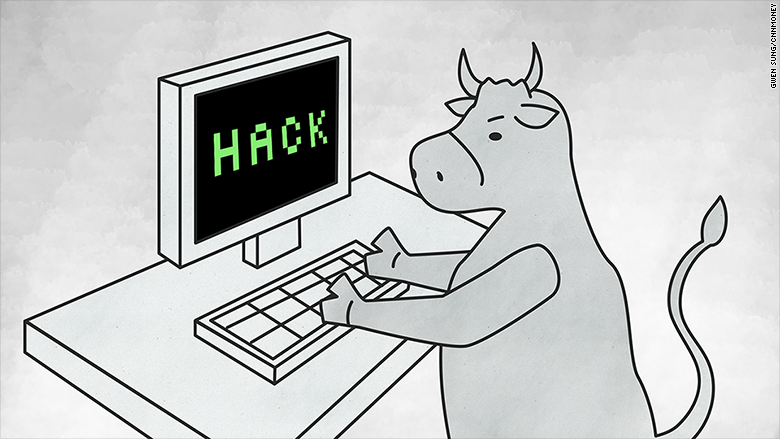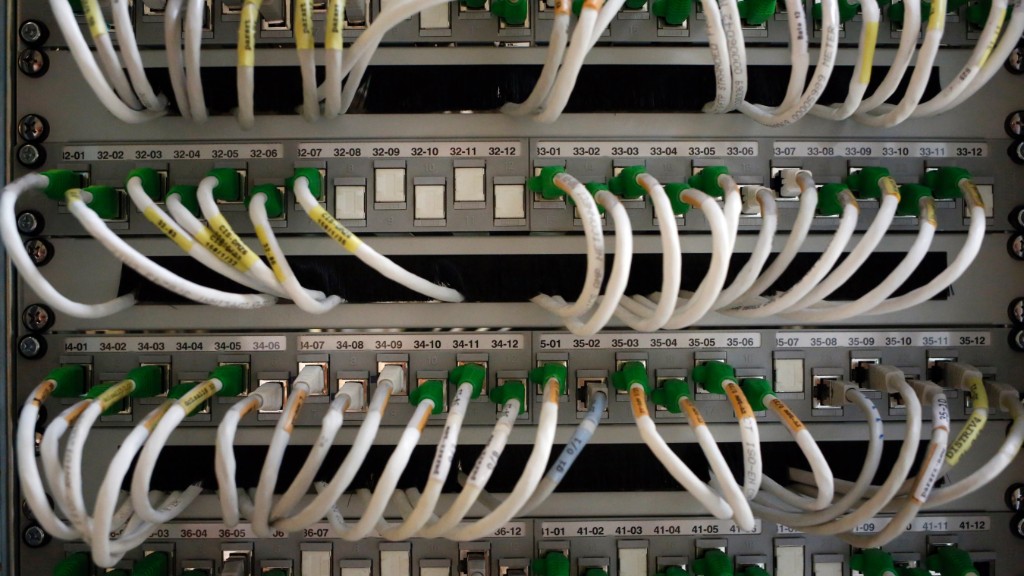In “CNNMoney.com”:
Companies keep getting hacked. And that's music to the ears of the executives and investors in cybersecurity companies.
February has been a phenomenal month for the overall stock market. The S&P 500 is up about 6%. But companies that help mitigate the damage from major attacks have done even better.
There is a relatively new exchange-traded fund for cybersecurity companies. The ticker symbol, appropriately, is HACK (HACK). It has surged nearly 17% in February.
The massive data breach at health insurer Anthem (ANTM) earlier this month is one reason why the stocks have done so well.
Related: Insurance giant Anthem hit by one of the largest data breaches ever
The attack reminded investors of how important it is for companies to protect themselves, especially in the wake of Sony (SNE), Home Depot (HD) and Target (TGT), just to name a few of the prominent companies that have been hacked in the past year and a half.
The White House cybersecurity summit held in California a few weeks ago also helped the sector.
President Obama and Apple (AAPL, Tech30) CEO Tim Cook both stressed the need for companies and governments to do more to protect businesses and consumers from attacks while also safeguarding their privacy.
Related: The worst hacks in corporate history
Cybersecurity stocks aren't just rallying due to headlines. All these hacks have legitimately boosted their business. Several leading companies in the HACK ETF reported stellar results this month.
FireEye (FEYE), which owns security consulting firm Mandiant, said that its fourth quarter revenues surged 150% from a year ago. Mandiant was hired by Anthem and Sony to help clean up their cyber mess. Shares are up 34% this month.
CyberArk (CYBR), a company that went public last year, reported a quarterly profit that blew away estimates. The stock has gained nearly 90% in February.
And on Thursday, Splunk (SPLK) and Infoblox (BLOX) both impressed Wall Street with their latest earnings. Both stocks are up about 30% this month.
Related: Anthem hacked, Wall Street shrugs
These four companies are among the top ten holdings in the HACK ETF.
Another big cybersecurity company in the ETF, Palo Alto Networks, is due to report its earnings next week. The stock is near an all-time high and analysts are forecasting a 45% jump in sales and 70% surge in earnings per share.
Another bubble or the Next Big Thing in tech? So can these stocks continue to rally? Investors definitely need to be careful. FireEye, for example, is not profitable. Infoblox trades for about 100 times earnings estimates for this year, and that makes it among the cheaper stocks in the group!
Palo Alto trades at nearly 200 times this year's earnings estimates. CyberArk has a price-to-earnings ratio of more than 200 while Splunk's valuation is north of 600 times profit forecasts.
Related: Super-sneaky malware found in companies worldwide
The last time that triple-digit valuations were in vogue was when the Nasdaq topped 5,000 back in March 2000. That didn't end well.
And yet here we are again. The Nasdaq about to end February with the 5K level once more in sight.
Goldman CEO on hacking: 'Certainty is unavailable'
Still, as crazy expensive as all these stocks are, they could head higher for a long time.
It pays to be paranoid. It's hard to imagine that companies are going to be able to stop cyberattacks anytime soon. And what most of these companies do best is to help limit the damage from hacks.
In an interview with CNNMoney earlier this month, CyberArk CEO Udi Mokady said that all companies have to assume they will be infected at some point. It's inevitable.
Mokady added that corporate chief security officers have to be paranoid. If they're not, they'll likely find themselves out of a job.
In other words, cybersecurity companies are going to remain extremely busy. And their revenues and profits should keep climbing.




